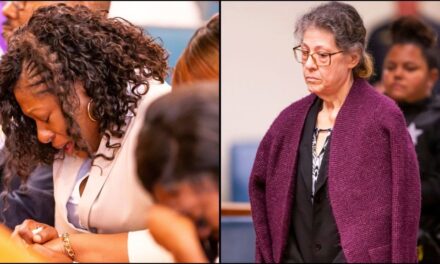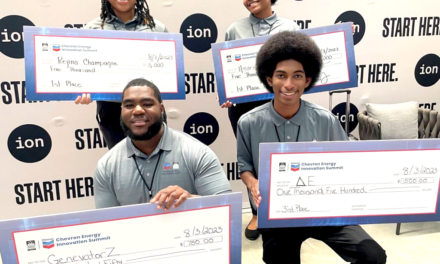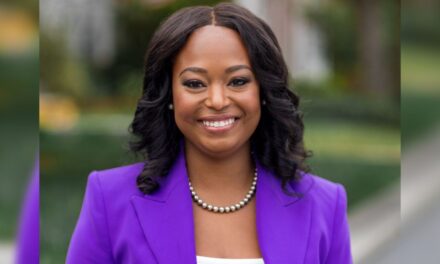

Hope Wiseman, CEO and co-founder of Mary and Main, entered the cannabis industry just after graduating from college. Her position makes her the youngest Black female to own a cannabis dispensary in the U.S. (Courtesy Photo)
By Megan Sayles
AFRO Business Writer
Report for America Corps Member
msayles@afro.com
While the use and possession of cannabis remains illegal on a federal level, numerous states have legalized the drug for recreational and medical use. In 2013, Maryland authorized medical cannabis, and since then, the Maryland Medical Cannabis Commission (MMCC) has issued dispensary licenses to 102 companies.
One of those businesses is Mary and Main. Located in Prince George’s County, Mary and Main opened in 2018 and was one of the first stores that was appointed a license in the state of Maryland.
Hope Wiseman serves as the CEO and co-founder of the cannabis company, and is the youngest Black woman to own a marijuana dispensary in the U.S. Wiseman, a Maryland native, entered the cannabis industry when she was fresh out of college.
“I definitely saw the economic opportunity that this industry presented as an emerging industry, but, on top of that, I really believe in the medicinal power of the plant,” said Wiseman.
Although the federal classification of cannabis as a Schedule 1 drug has resulted in a shortfall of research, many findings point to the antidotal properties of the plant, according to Wiseman.
Use of medical marijuana has been effective in alleviating chronic pain, symptoms of Crohn’s and Parkinson’s disease and symptoms caused by cancer treatments, like chemotherapy and radiation. It has also been used to treat mental health conditions and illnesses that include depression, anxiety and PTSD.
In some cases, cannabis capsules can also be used as an alternative to opioids as a means of temporarily managing pain caused by traumatic events, like car accidents.
The process of obtaining a medical marijuana card is different for every state, according to Wiseman. Each state has varying lists of qualifying conditions and different regulations on providers who can give out recommendations for a medical card.
Maryland requires individuals to register as a patient with the MMCC and to acquire a written certification from a provider on the commission’s registry.

(Courtesy Photo)
The state’s list of qualifying conditions includes cachexia, anorexia, wasting syndrome, severe or chronic pain, severe nausea, seizures, severe or persistent muscle spasms, glaucoma, post-traumatic stress disorder (PTSD), or another chronic medical condition which is severe and for which other treatments have been ineffective.
The purpose of dispensaries is to help medical card holders understand their medical conditions and how they can treat them. They recommend different products and dosages. Mary and Main employs a protocol of “start low and go slow,” which advises patients to begin with a low amount of THC and wait to feel the effects before taking more.
When COVID-19 emerged, Wiseman said her business saw an increase in patients that has now normalized but not subsided.
“People were just experiencing a lot of anxiety, and cannabis helped to calm their nerves, ” said Wiseman. “It was a healthy alternative.”
Because it is a medicinal drug, Wiseman said cannabis is associated with a level of addictive properties. However, this addiction has never resulted in death and can be easily reversed.
For years, medical marijuana use has been stigmatized. According to Wiseman, many people believe that patients take advantage of medical cannabis for recreational use.
“I would say to people that are hesitant to just look at people who have genuinely had good experiences with cannabis,” said Wiseman. “Find those stories showing that cannabis can really be a positive part of people’s lives, and learn the science behind it.”
Help us Continue to tell OUR Story and join the AFRO family as a member – subscribers are now members! Join here!
The post How medical cannabis serves as an alternative treatment for health conditions appeared first on AFRO American Newspapers .











